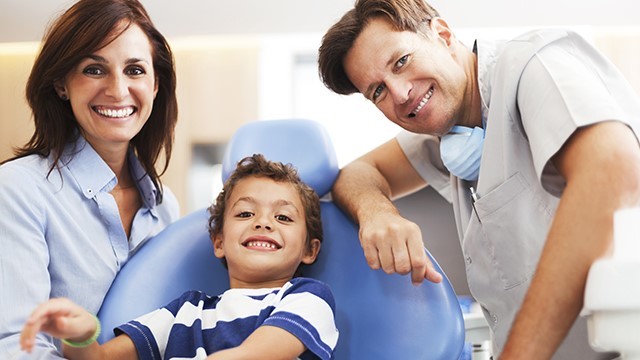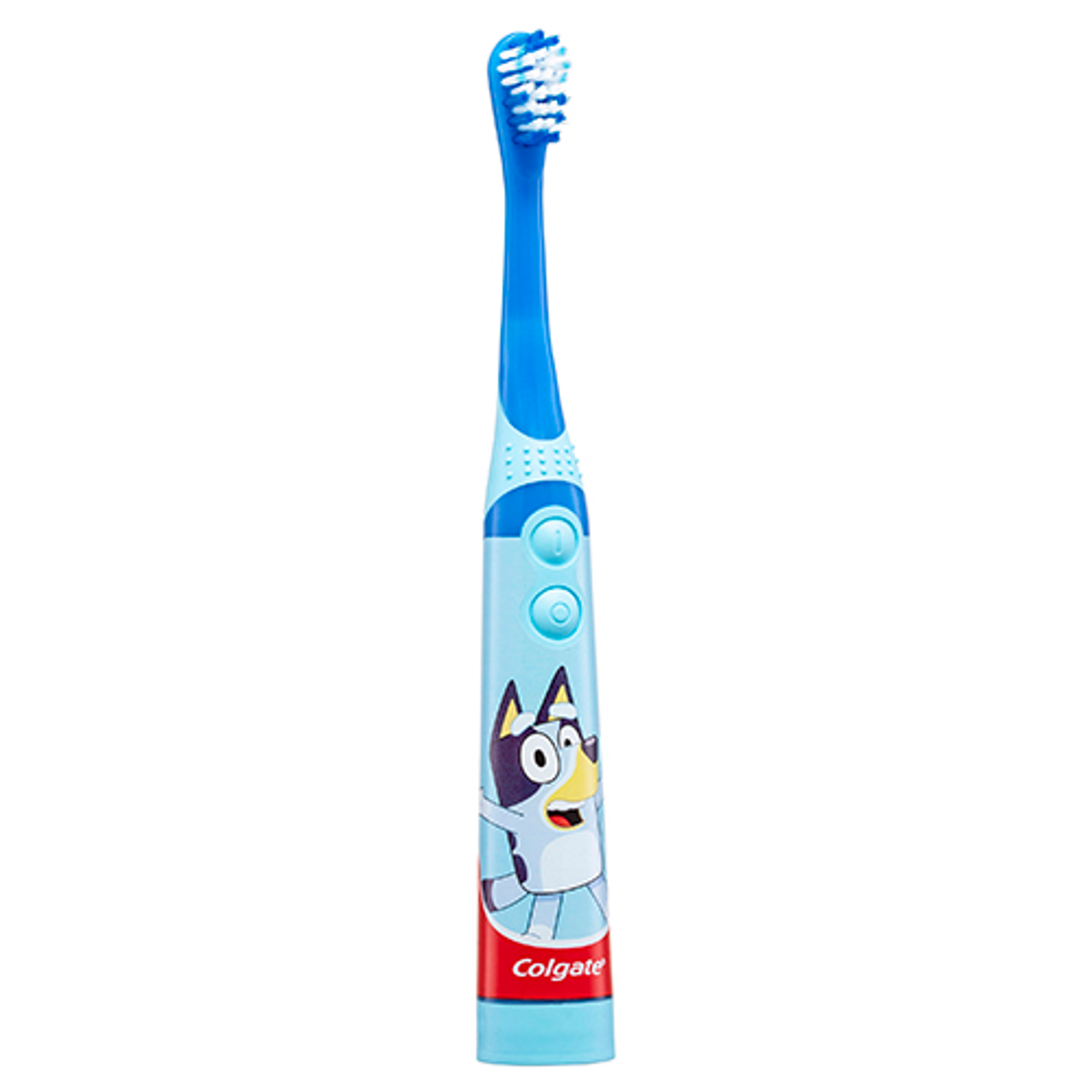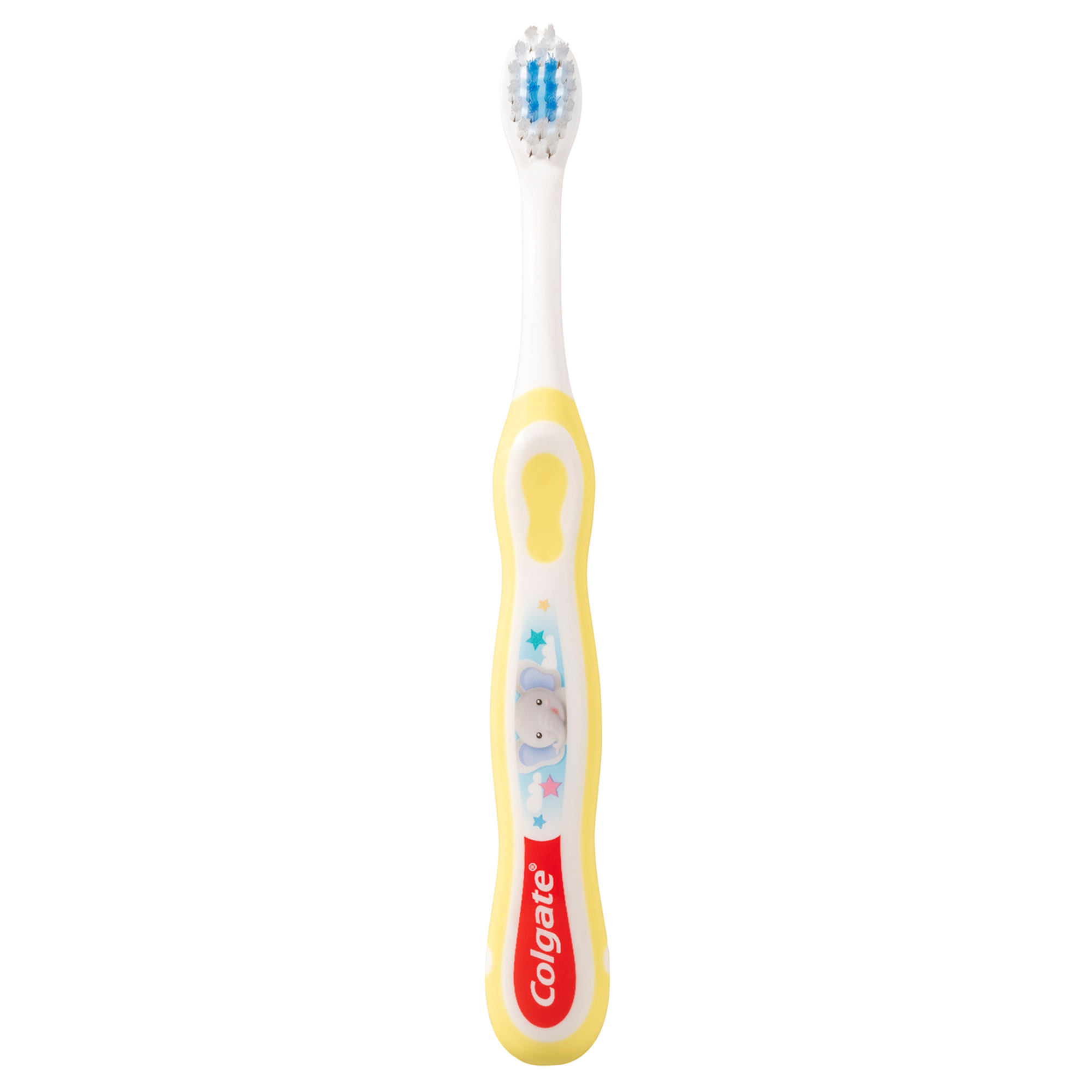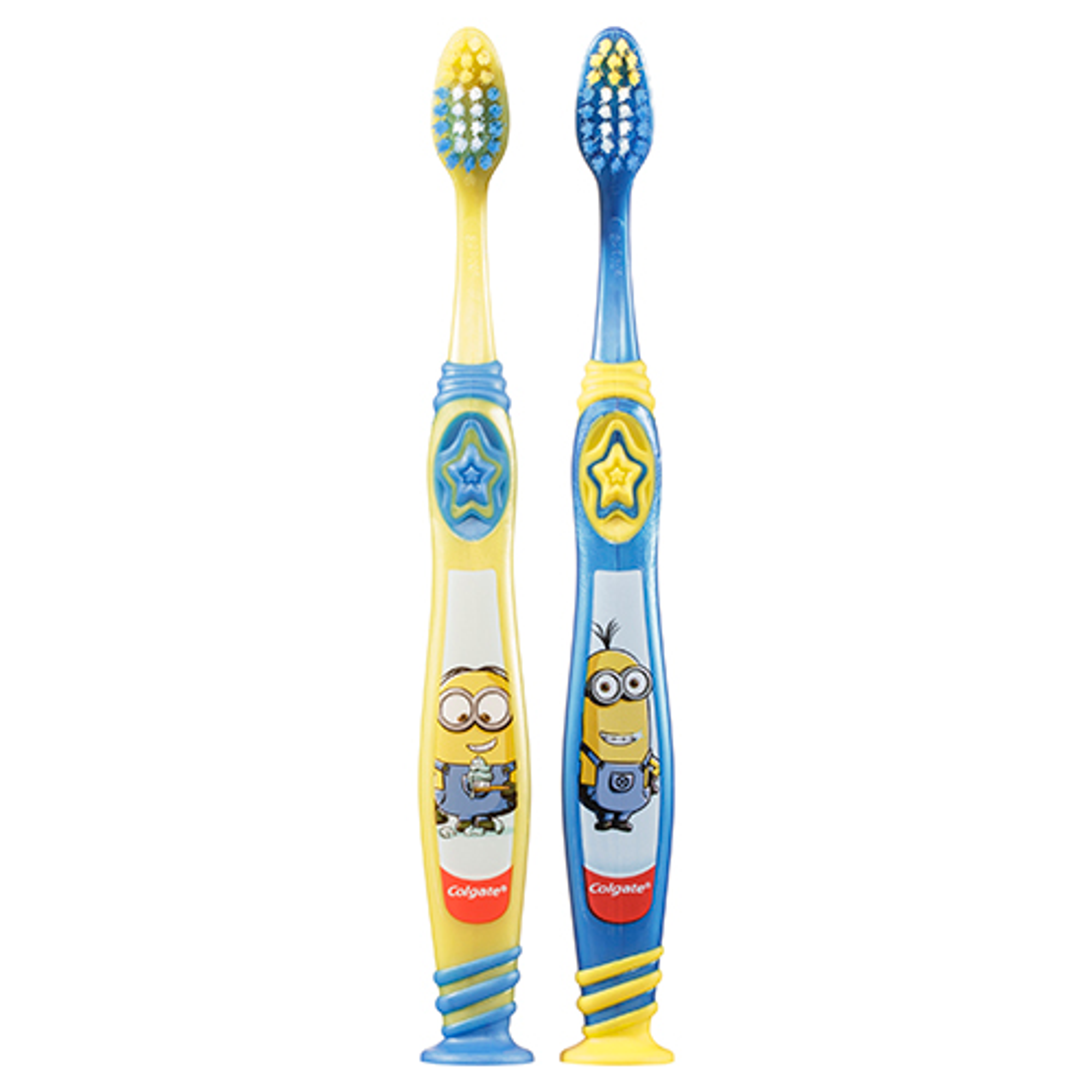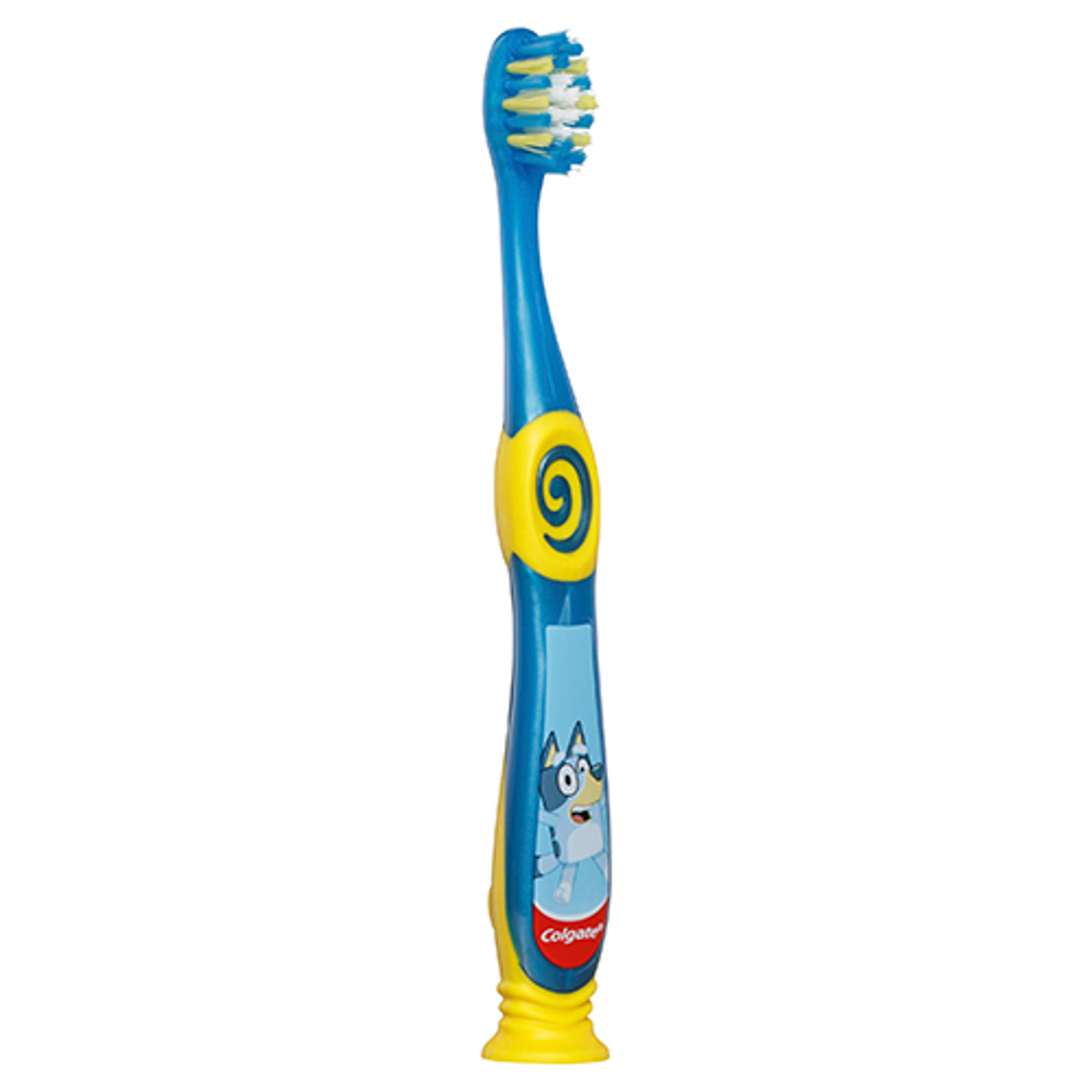-
-

BRUSHING & FLOSSING
How to BrushWhat Is the Right Way to Brush?
Proper brushing takes at least two minutes — that's right, 120 seconds!...

BRUSHING & FLOSSING
How To FlossWhat is the Right Way to Floss?
Proper flossing removes plaque and food particles in places where a toothbrush cannot easily reach... -
Science & Innovation
- Home
- Oral Health
- Get the Baby Toothbrush Ready


Whether you are a new parent or already have children, you'll want to do whatever is necessary to ensure your child is happy and healthy, and this includes their oral health. Parents often have lots of questions about how they can get their child off to a good start with their oral care. Having a baby toothbrush at the ready is a good start - in fact brushing your child's teeth twice a day with a fluoride toothpaste is one of the key things you can do to help protect them from tooth decay. But when can kids brush their teeth by themselves? Keep reading for the answer to this question and other toothbrushing tips.
Birth to 18 months
Proper cleaning is necessary even though your baby doesn't have any teeth yet. Begin good oral health care habits right away by wiping your baby's gums with a clean, moist gauze pad or small washcloth after each feeding. You can continue this cleaning routine up until the time their first tooth erupts around the age of 6 months. From then on brush your baby's teeth twice a day, at morning and at night before bed, with a small, soft baby toothbrush.
Fluoride guidelines differ by region depending on the local health guidelines. The New Zealand Ministry of Health states that most fluoridated toothpastes sold there contain 1000 ppm of fluoride, which is the recommended amount for children and adults, and recommends that just a smear be used for children and then a pea-sized amount for adults. While in Australia, the Australian Dental Association recommends using just a toothbrush with water for children younger than 18 months, and a pea-sized amount of 500ppm fluoride toothpaste from 18 months until the age of 6 years. In Australia, children 6 years and over should use a pea-sized amount of at least 1000 ppm fluoride toothpaste, in line with Australian fluoride guidelines.
18 months to 3 Years Old
By the age of 2, your child will likely enjoy handling the toothbrush, but they will lack the manual dexterity to brush effectively. You should continue to brush their teeth twice each day using a fluoride toothpaste with a soft-bristled toothbrush. Use a circular motion on each tooth surface to clean the teeth. Encourage your child to spit out the excess toothpaste after brushing.
If your child has any teeth that touch, it's time for you to start flossing between them. Your child probably won't have the skill to floss well until approximately 9 or 10 years of age so teaching them this skill is very important.
4 to 5 Years Old
By the age of 4 or 5, your child may want to start brushing their teeth by themselves. This is a good time to teach them how to brush and let him practise daily. At this age, your child will still lack the manual dexterity to brush thoroughly, so it's important for you to brush their teeth again, especially at bedtime. Throw out their toothbrush every 3 months or when it starts to look worn and the bristles are no longer straight.
7 to 8 Years Old
By the time your child is 7 to 8 years old, they will likely be able to brush their teeth by themselves. Dentists recommend that you periodically check the effectiveness of your child's toothbrushing.
Always direct questions and take any concerns you may have about your child's dental health to your dentist or oral health therapist. Children should start to see the dentist or oral health therapist at an early age. In fact, the Australian Dental Association recommends that you take your child for a dental visit after their first tooth erupts. Remember that starting a dental routine and establishing good oral habits while your child is young can help prevent oral disease and ensure a happy healthy smile for a lifetime.
This article is intended to promote understanding of and knowledge about general oral health topics. It is not intended to be a substitute for professional advice, diagnosis or treatment. Always seek the advice of your dentist or other qualified healthcare provider with any questions you may have regarding a medical condition or treatment.
Related Products

Helping dental professionals
More professionals across the world trust Colgate. Find resources, products, and information to give your patients a healthier future




